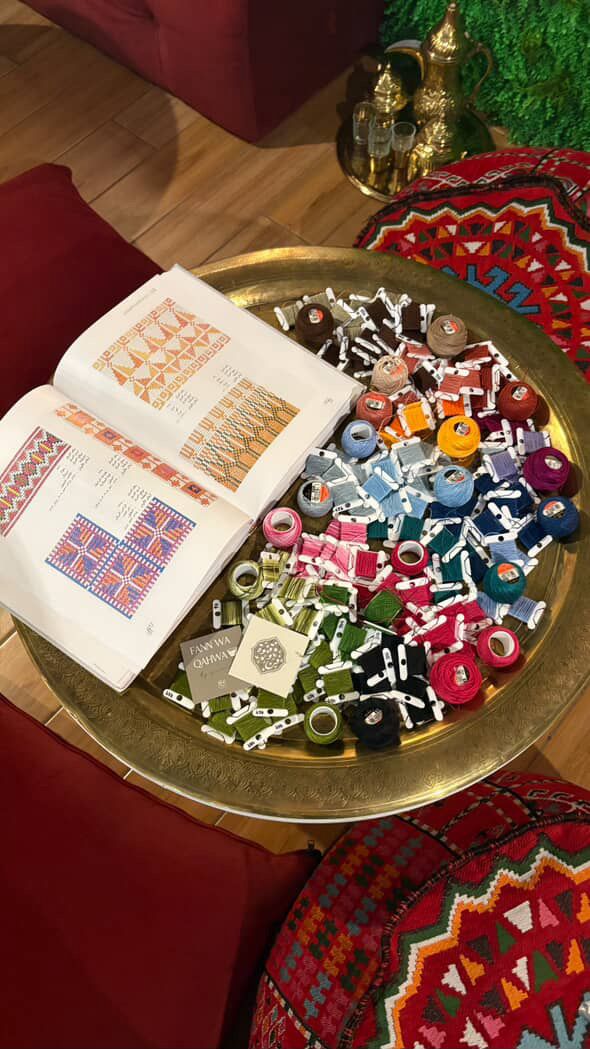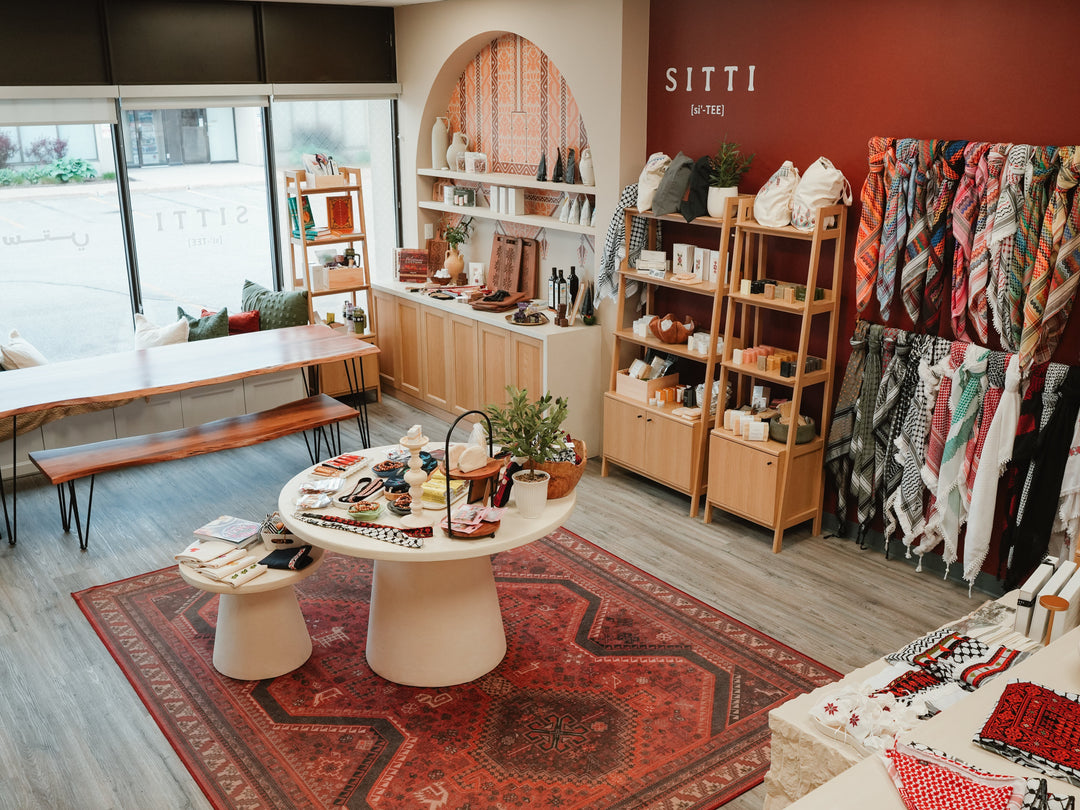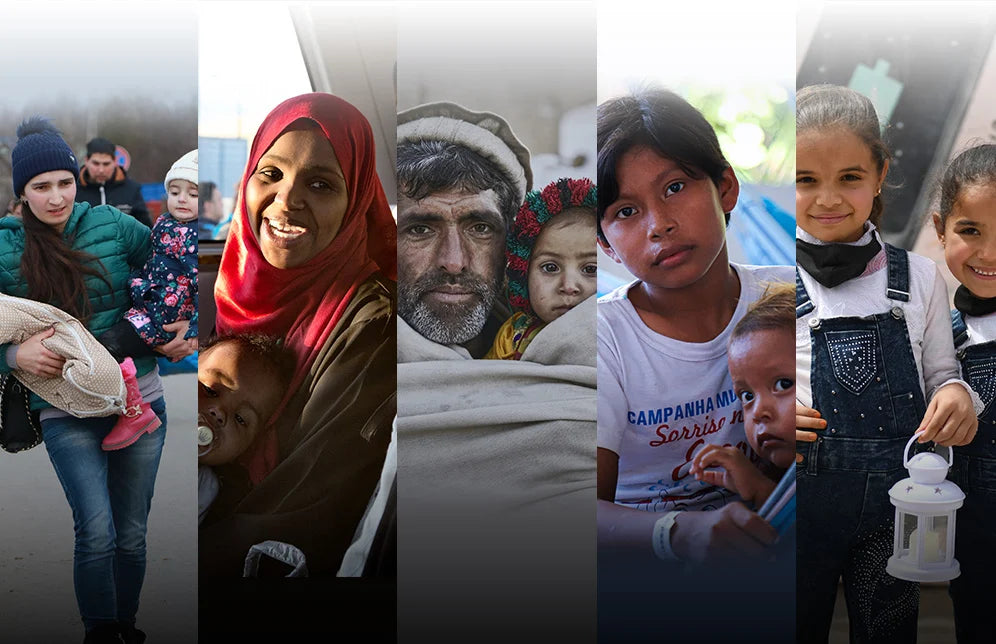The Fight for Freedom in Film
I hope you had a wonderful weekend! Did you catch a film through the Toronto Palestine Film Festival? The festival offered an exciting slate of films that explored Palestine’s history, present, and future. Each of the films highlighted a different perspective and facet of Palestinian society and identity. This perspective is woefully underrepresented in the modern media landscape, and I am happy to see the Toronto Palestine Film Festival uplifting these films.
Two of the short films included in this festival highlighted the fight for freedom: The Silent Protest: Jerusalem 1929 (sponsored by Sitti this year!) and Jalas. Each of these films are lovely in their own way. Both center the voices of Palestinian women who are striving for equality.
Jalas_Trailer from URANES FILMS Pepe Ábalos on Vimeo.
Jalas (2019) Jalas, directed by Olga Arias Muñiz, follows three girls as they navigate the fences, walls, and checkpoints that serve as physical restrictions in their lives. All three of the girls speak eloquently on their personal experiences and their relationship to their Palestinian identity. We are invited into their homes, we meet their families, and we learn about their dreams. Despite the intimacy of the film, it also addresses a broader theme: the erasure of Palestinian identity. The three girls in the film hold tight to their identity and heritage, a tall task in a society in which discrimination against Arabs is normalized and accepted. This film is a reminder that the fight for justice and equality takes many forms. And sometimes, simply nurturing relationships with those who validate us is a form of rebellion.

The Silent Protest: Jerusalem 1929 (2019) The Silent Protest, directed by Mahasen Nasser-Eldin, is an immersive detective story. The film brings the viewer along on a search for the balcony under which 300 women convened in 1929 to demand equality. Through this search, the story of that intiatial protest and the events that followed unfolds. Once they were stopped from protesting on foot, women took to their cars, driving through Jerusalem to make their demands heard. Much of the film features a voiceover of the words of a protester and gives the viewer a first person perspective through the streets of modern Jerusalem. The film highlights the way individuals shape history through protest.
At a time when we’re all struggling to find cultural and artistic outlets for ourselves, this was a perfect opportunity to dive into an event filled with both. Sitti has always been proud to be supporters of and supported by the Toronto Palestine Film Festival. In past years, we’ve been fortunate to be a part of the vendor markets and to be welcomed into the Palestinian community here in Canada through the film festival.
View this post on InstagramA post shared by Sitti Soap (@sittisoap) on
Even if you missed the festival, there are still plenty of opportunities to support the Festival and the Palestinian film community!
Check out TPFF’s website here, get access to their program archive where you can peruse a whole index of independent films from years past, including this year’s program.
The TPFF store is also open online! Support Palestinian arts and cultural programming by purchasing some of the beautifully designed swag from their store here.
If you have any questions for TPFF or want to reach out to them, you can find their contact information here.






Leave a comment